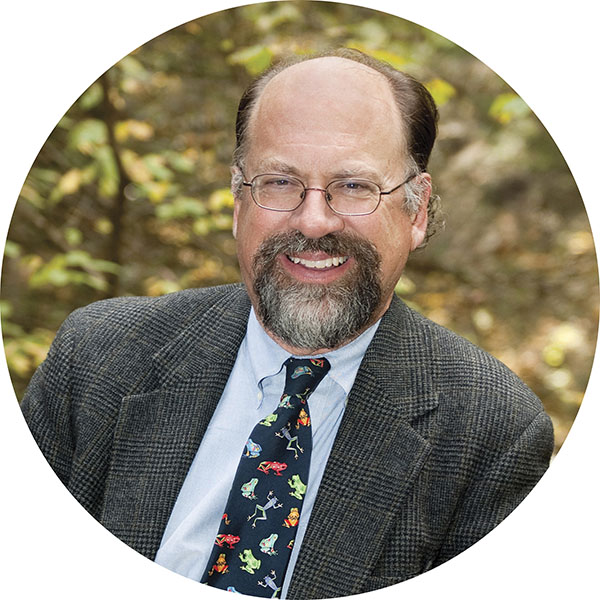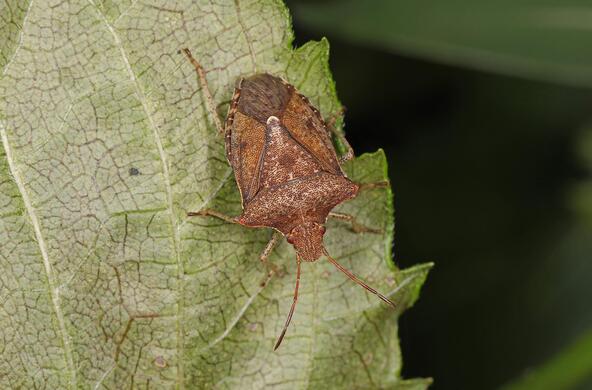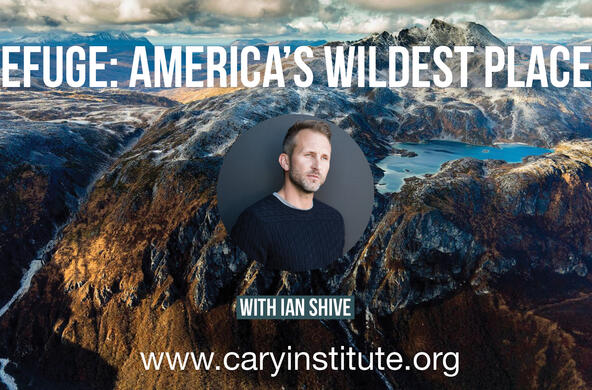Notre Dame Cathedral burns, and pocketbooks open globally to finance reconstruction. Destruction of Buddha statues by the Taliban brings condemnation from world leaders. The Right Whale is headed for extinction, yet new permits for seismic testing are issued.
Current rates of species extinction are estimated to be 1000 times greater than the natural extinction rate. For a sapient species, we have our priorities backward. We can bemoan the loss of cultural or artistic objects, but our real concern and effort should be put to the preservation of species. The biosphere that we depend on functions as a result of the collective activities and interactions among some 8,000,000 species on Earth. Each time we lose one, we are further unraveling the fabric of the web of life.
Loss of top predators promotes a cascading set of changes in terrestrial and marine ecosystems, often from an unnatural proliferation of species at the lower trophic levels. Loss of insects, such as bees, eliminates the pollinators of plants, some of which are essential crop plants for humans. The loss of ash trees will forever change the character of forests in the eastern United States.
Certainly some artistic works are so brilliant and intricate that it is hard to imagine how they were produced, or how they might be reproduced. But, the loss of a species eliminates the genetic legacy of millions of years of evolution, which will never be restored by the human hand. I doubt that the marvels of molecular biology will bring back species that have gone extinct, nor should we count on promises that such genetic engineering may do so in the near future. Overall, high species diversity in nature results in greater productivity for human use and survival. (See: https://blogs.nicholas.duke.edu/citizenscientist/why-species-matter/). We need to preserve the heritage of species on all corners of the Earth.
The legacies of human ingenuity are important to us, but losses from the biosphere are priceless.






